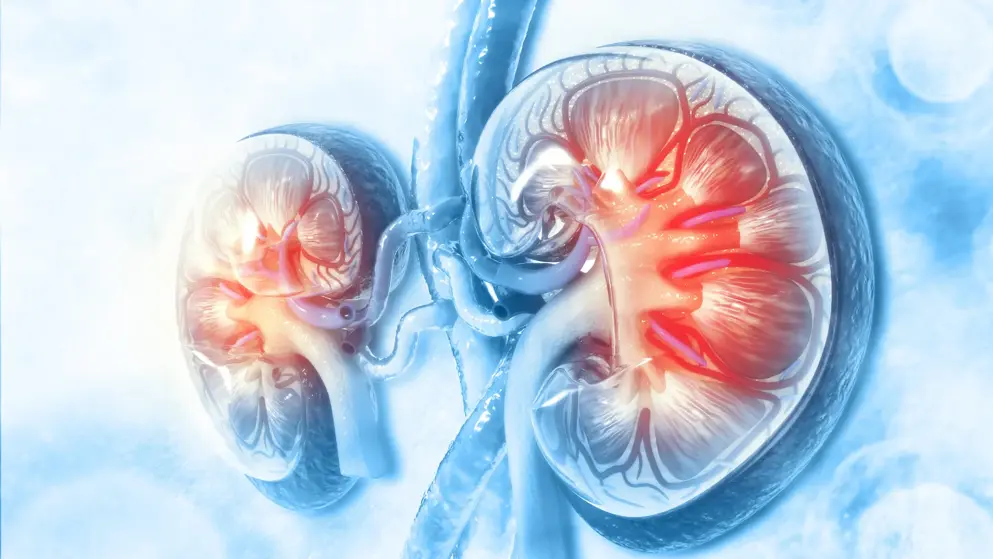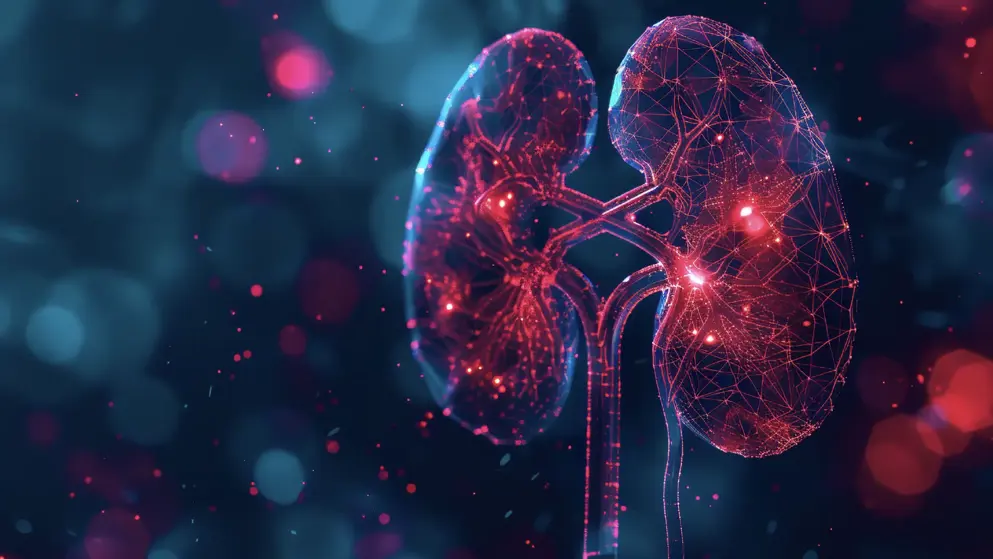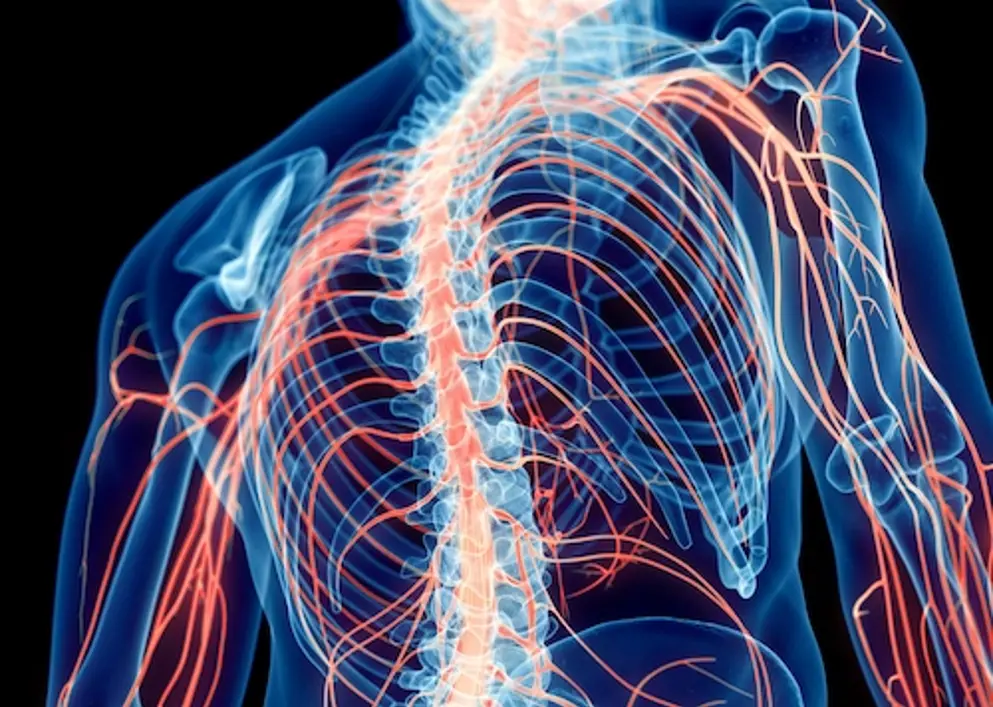Pathogenesis and treatment of glomerulonephritis-an update
Pathogenesis and treatment of glomerulonephritis-an update
This review updates current concepts of the genetic risk factors, etiologic events, nephtitogenic responses and treatment of the major immunologically mediated types of glomerulonephritis (GN). These include post-infectious GN, IgA nephropathy, anti-glomerular basement membrane (GBM) antibody disease, ANCA-associated vasculitis (AAV) and lupus nephritis. Although the etiology(s) of most GNs remain undefined, many are now believed to be initiated by environmental insults, particularly infectious processes, that trigger host responses in genetically susceptible individuals which lead to GN. Mechanistic concepts of these diseases have evolved from earlier views that most were consequent to glomerular trapping of preformed immune complexes to the current view that most of these diseases are auto-immune in nature mediated by both antibodies and T cells reactive with self-antigens. Therapy of GN has lagged behind advances in understanding pathogenesis. Newly appreciated roles for older mediators like complement and complement regulatory proteins offer new therapeutic targets.
Read abstract on library site Access full article





